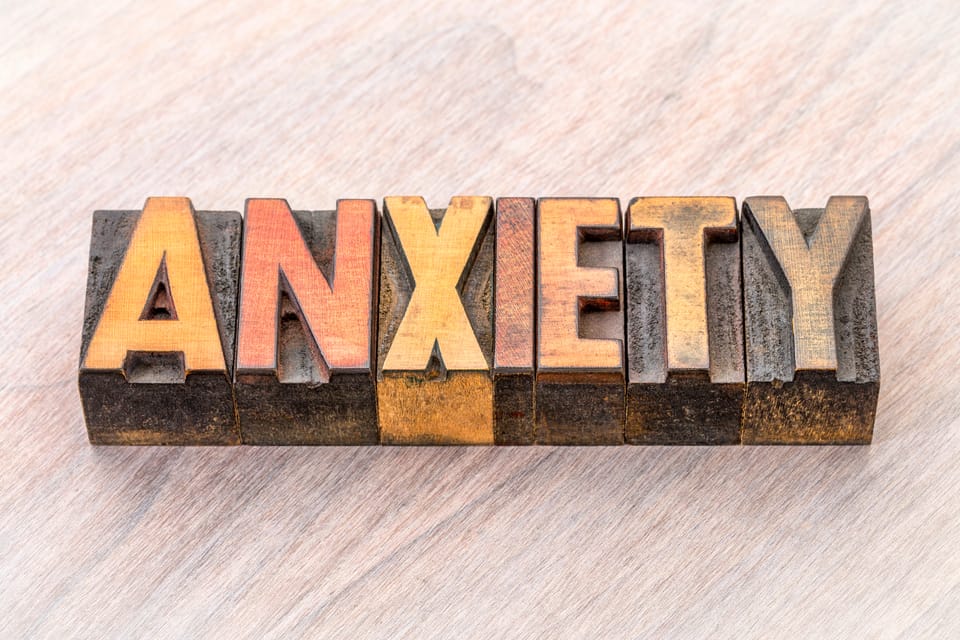Everyone occasionally experiences anxiety. Feeling anxious is a natural emotional response to stress or perceived threats. Anxiety serves as a mechanism to help individuals cope with challenging situations. However, anxiety may develop into a disorder if the emotions become excessive, persistent, and disrupt daily life. Anxiety disorders, characterized by intense fear or worry that is out of proportion to the actual danger, can be challenging to control, leading to significant distress and impairment. Symptoms of anxiety may include feeling nervous, restless, tense, irritable, increased heart rate, breathing rapidly, sweating, trembling, inability to concentrate, and difficulty sleeping.
One medical treatment used for anxiety is benzodiazepines. Benzodiazepines (also called “benzos”) are prescription controlled substances that are depressants, meaning they slow down the activity in the nervous system. Unfortunately, benzodiazepines have the potential for misuse and overdose, can be habit-forming, interact with alcohol and other medications, and can alter the ability to drive a vehicle or work with machinery.
There are other evidence-based options to manage anxiety and anxiety disorders without the use of benzodiazepines. One option is acupuncture. Listed below are two examples of medical literature that supports the use of acupuncture for the management of pre-operative anxiety and general anxiety disorders.
• Approximately 92-93% of pre-operative patients experience anxiety. The following review article included 12 randomized controlled studies with 916 patients, comparing those patients who received acupuncture to those who received sham acupuncture. This review concluded that “acupuncture may be able to decrease anxiety in pre-operative patients.” Can acupuncture therapy reduce pre-operative anxiety? A systematic review and meta-analysis - ScienceDirect
Tong, Q. Y., Liu, R., Zhang, K., Gao, Y., Cui, G. W., & Shen, W. D. (2021). Can acupuncture therapy reduce pre-operative anxiety? A systematic review and meta-analysis. Journal of Integrative Medicine, 19(1), 20–28. https://doi.org/10.1016/j.joim.2020.10.007
• For patients with generalized anxiety disorder, the following review included 27 randomized controlled studies with a total of 1782 patients. The analysis concluded that “acupuncture can effectively relieve the anxiety symptoms of generalized anxiety disorder patients with fewer side effects.” Efficacy of acupuncture for generalized anxiety disorder: A PRISMA-compliant systematic review and meta-analysis - PMC
Li, M., Liu, X., Ye, X., & Zhuang, L. (2022). Efficacy of acupuncture for generalized anxiety disorder: A PRISMA-compliant systematic review and meta-analysis. Medicine, 101(49), e30076. https://doi.org/10.1097/MD.0000000000030076
Despite the need for more randomized controlled trials with larger sample sizes, there is evidence supporting the use of acupuncture for patients to manage situational anxiety and anxiety disorders. Since effectively managing anxiety requires an individualized approach, consulting your healthcare provider is an important first step to understanding the multiple available options.




